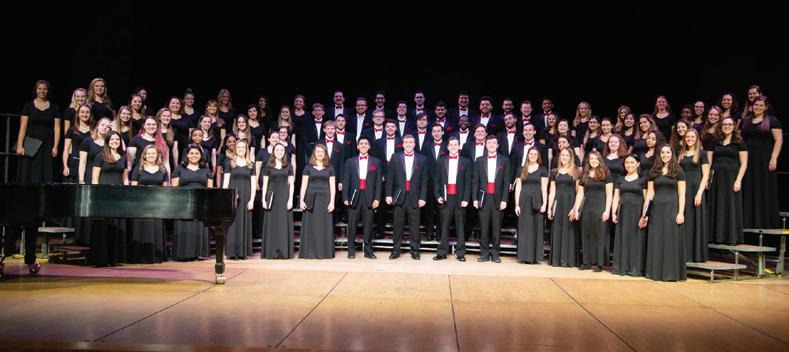
1 minute read
Frontlines Stories From the Edge
The date and time will be announced at Quickcenter.com
$35 | $5 Fairfield University student
H Quick Member: $25 H
The world has changed.
A 2018-2020 survey revealed 60 percent of Americans struggle with loneliness, and the numbers increase to 75 percent for younger people. There is little solace to be found. Screens are ever present, social media is in play, and the pandemic changed us, some would argue, forever. We are more isolated, more defensive, more mistrusting. Our Surgeon General Vivek Murthy has sounded the alarm on “the loneliness epidemic.” Murthy states that loneliness poses real threats to both mental and physical health, among them higher risks of depression, anxiety, cardiovascular illness, dementia, and sleep disturbances.
And those are the quieter, more personal effects of a society in a crisis. There are other heartbreaking catastrophic outcomes of isolation and lack of connection to others: rampant gun violence, sky-rocketing drug overdoses, and soaring deaths by suicide. There is no end in sight to this escalation.
So many are angry, in pain, and out of control.
- We are a nation of people emotionally and physically stressed out.
- We are isolated, depressed and alienated.
- We are politically, socially, and culturally divided.










